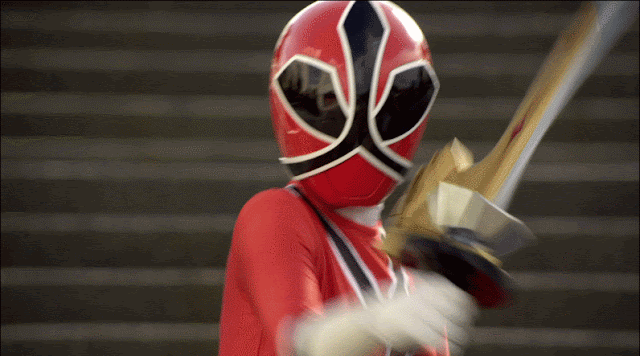The New York Effect: Before We Go
New York City.
We begin in Grand Central Station where various late-nighters are waiting for the final trains on the Metro North. We see a shot of the Harlem Line, the Fordham and North White Plains stops easily readable. Happy people are dancing and having a laugh. An old couple embrace before one of them has to leave; the other puts a dollar into the pack of a busker playing the trumpet. This is our main character, Nick, played by director Chris Evans. As the last Metro North trains leave, our other main character - Brooke, played by Alice Eve - fails to catch the New Haven train which is departing from Track 12. After the train leaves, Brooke - who makes it obvious that she is not from New York - desperately asks a janitor if she can use her Grand Central ticket at Penn Station, but this won't help because there won't be any more trains until around five in the morning.
The first five minutes of the film which we spend at Grand Central Station are some very effective scene-setting, especially for New Yorkers. Any one of us can relate with arriving late at night at the train station, fooling around and having some fun to pass the time while they wait for a train to arrive. Saying farewells and hugging as they part ways. Grabbing some food and avoiding the never ending crowds even into midnight. Missing your train and then being forced to wait seemingly forever for another one. I do love how the catalyst for the film's plot is simply Brooke's inability to run fast enough to catch her train, and how inexperienced she seems with New York's public transportation. Nick, meanwhile, is considerably more experienced in the nuances of New York City.
Nick attempts to help the distressed woman, getting into an argument with a taxi driver in the process. After this, the two decide to stick together - Nick even pretending to be her boyfriend to ward off some drunk ne'er-do-wells. They spend the majority of the film just walking down sidewalks and, as anyone who spends any amount of time in Manhattan can attest, New York's sidewalks are where most of life's meaningful conversations happen.
Nick and Brooke discuss their tumultuous love lives, Nick's musical career, her old life in London, and basically anything and everything. I recall in my own life that the moments I spent with my friends walking down sidewalks were often the some of the most illuminating talks I ever had with people. They were the moments that I spent really taking in. The pitter-patter of subtle rain landing on the sidewalk and onto the top of my hood, the sounds of footsteps hitting the ground, the violent laughter that would often erupt when someone made a particularly good joke. New Yorkers are active people. We always have someplace to be. It only makes sense that our best moments happen to take place when we're travelling somewhere.
This scene in the subway makes me laugh, though. Nick suddenly starts busking and everyone totally ignores him and doesn't clap, Brooke expressing her surprise that Nick is actually good at playing the trumpet. They then proceed to have a loud conversation talking about their past. Mind you, this is all supposed to take place at three in the morning and there are way more people on the B Train than there should be at this time. I do love that the New Yorkers act exactly the way one would expect them to, just not doing anything. I know that I tend to just ignore the buskers (which does make me feel bad at times) but the reaction is lovingly realistic.
Before We Go hits the New York feeling right on the head, especially what it's like when it's late at night. I focused specifically on public transportation (and walking down the street, though I mostly ignored cabs because who gets cabs?) because I noticed that the two leads used most types of transportation in the city - except for the horses in Central Park. Then again, only half of them aren't from New York - and Nick isn't likely to recommend that mode of transport anyhow. Either way, the movie uses New York in great ways, effectively managing to use the city as a character in its own right - the atmosphere and the experiences they evoke improving the film as a result.
Now that's what I call the New York Effect.
The New York Effect is a segment that tackles the effects of featuring New York City in fiction. Various pieces of media emphasize different aspects of the city and part of the goal of this segment is to analyze these emphases. The main goal, however, is to relate the author's love for the city and how it affects his enjoyment or understanding of that piece of media when the city plays a substantial role. The "x-factor" that tips the author's perception of the work is characterized by the term "The New York Effect."







Comments
Post a Comment